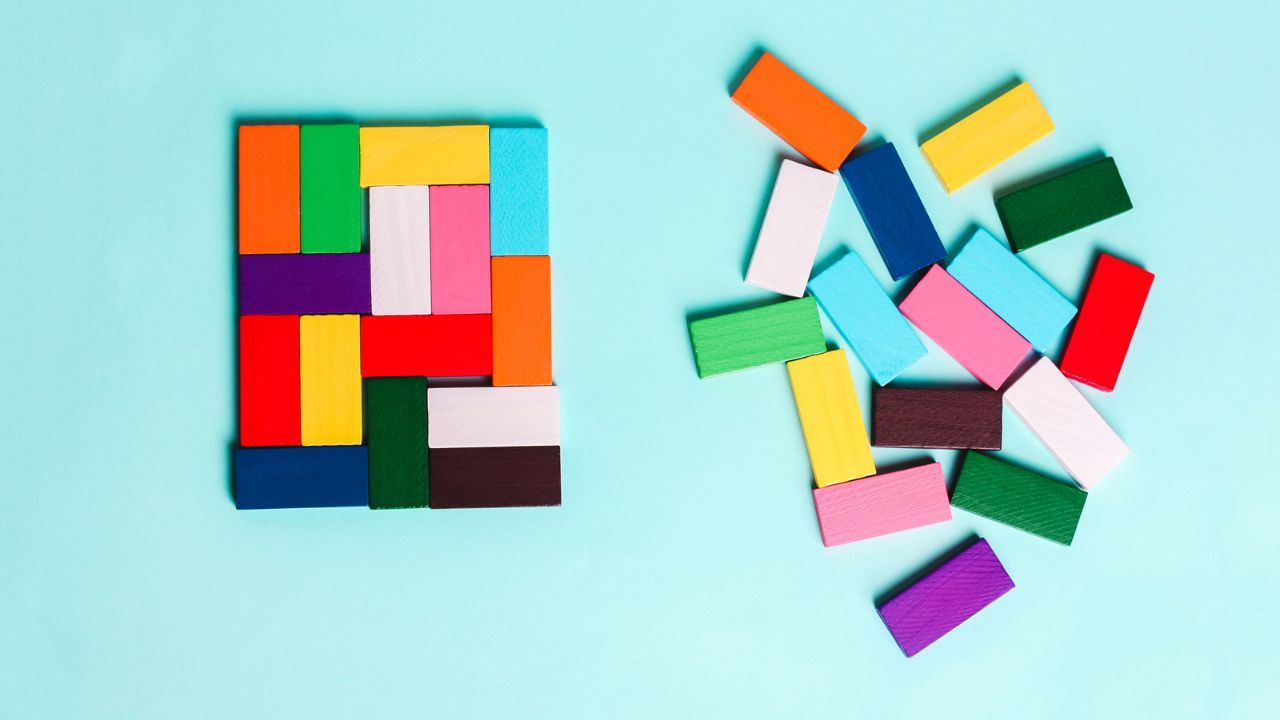
As a mental health provider and new mom on maternity leave, I’ve been reflecting on the concept of emotional awareness and its connection to the human brain.
Our brains are incredibly complex organs, and emotions are just one piece of the puzzle. Even with all of our scientific knowledge and technological advancements, we still have much to learn about the brain and how it impacts our emotions.
Emotional awareness is the ability to recognize and understand our emotions, why we feel the way we do, and how to express those emotions in a healthy and constructive way. But how does the brain fit into all of this?
Emotions are closely tied to different areas of the brain.
The amygdala, for example, is responsible for processing emotions like fear and anxiety.
The prefrontal cortex helps us regulate our emotions and make decisions based on logic and reason.
These questions have led me on a journey of self-reflection and personal growth. As a mental health provider, I’m well-versed in the theory of emotional awareness. But living it out in my own life is a different story.
The truth is, I’m still learning. I’m learning a new way of being and becoming, not just as a mother, but also as a daughter, wife, and mental health provider. It’s a challenging and important journey, but it’s one that I’m committed to.
As mental health providers, we are not made of stone. We have our own emotional struggles and challenges, and that’s why emotional awareness is so critical. We must practice what we preach and develop the skills to recognize and manage our own emotions, so we can provide the best possible care for our clients.
However, practicing emotional awareness is not always easy. It requires a deep level of self-reflection and a willingness to confront the unpredictable and often uncomfortable nature of our emotions. As mental health providers, we must also recognize that we are not immune to the emotional struggles that come with being human.
To become more emotionally aware, we must first start by asking ourselves some difficult questions, such as:
- What emotions am I feeling right now, and why?
- How are my emotions affected by my current circumstances, including sleep quality, life transitions, and stressors?
- What are some healthy ways I can express my emotions, even if I cannot control them?
- How can I become more emotionally aware of those around me, including my clients and loved ones?
I know that answering these questions is not always easy. It requires vulnerability, self-reflection, and an openness to the unpredictable nature of our emotions. But that’s precisely why emotional awareness is so powerful – it allows us to develop a deeper level of self-awareness and cultivate a more profound and fulfilling life.
As you read this article, I encourage you to think about these questions for yourself.
How can you become more emotionally aware in your own life?
How can you recognize and embrace the burstiness of your emotions, even when they are uncomfortable or unpredictable?
Remember, emotional awareness is not a one-time fix; it’s an ongoing journey that requires patience, practice, and self-reflection. By taking the time to develop our emotional awareness skills, we can live a more authentic, fulfilling life and help others do the same.
Make today your masterpiece!
Florina
Get My Blog Posts Right in Your Inbox Every Week
Make your mental health a priority. Receive tips and strategies for living well – mentally, physically, and emotionally – every week.
Get My Free Guide: 7 Cheap, Simple Strategies for Boosting Your Brain Performance
Better focus – clearer memory – faster cognition – more mental clarity – improved intellect…
Your brain is capable of beautiful things. If you don’t think you’re getting the most out of your cranial supercomputer, you can reap the benefits of these 7 simple strategies for the low, low price of “free.”